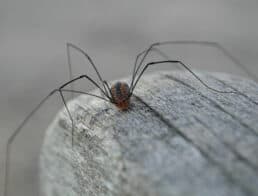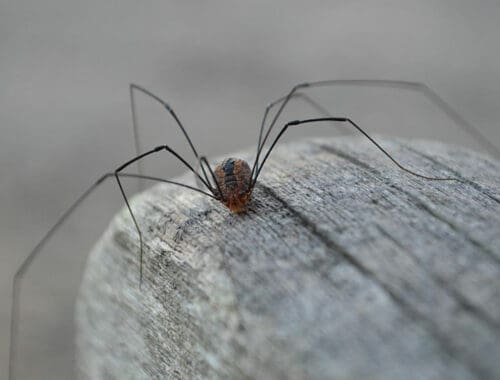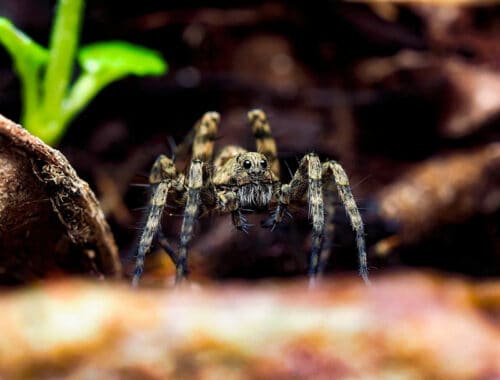Dogs are known for causing allergies among thousands, if not millions, of people around the world. Unfortunately, there is no such thing as a 100% hypoallergenic dog. However, some dogs are less allergenic than other breeds because they don’t shed as much skin, dander, and hair.
One such breed can be the Cocker Spaniel, though they are not always allergy friendly. It depends on their lineage, ancestry, and genes. So, what makes a Cocker Spaniel hypoallergenic, and what makes one not so allergy friendly? Here is everything that you need to know about the topic before deciding whether to adopt a Cocker Spaniel of your own.
It’s All About the Dander
Allergies are triggered by the dander that dogs release. Dander consists of skin flakes that rub off on the couch when a dog gets on or off of it, that end up on the ground during walking and gameplay, and that continuously fall into bedding and carpeting. When the dander is inhaled by a human, it can lead to allergic reactions such as sneezing, watery eyes, and a scratchy throat.
The less a dog sheds, the less dander that they are likely to spread around the house and near humans who are allergic to the dander. Therefore, a dog that sheds little may be considered hypoallergic, although this is not technically the case. All dogs release dander that can trigger asthma and allergy symptoms at any given time.
Where Do Cocker Spaniels Stand?
The amount of dander that a Cocker Spaniel sheds will determine whether they are hypoallergenic or not. Some Cocker Spaniels shed frequently and make terrible pets for those who are sensitive to animal dander. Then, there are Cocker Spaniels that shed little and work well in households that include allergic humans.
Unfortunately, Cocker Spaniels tend to have long hair, so when they do shed, it can be excessive. Therefore, anyone considering adopting a Cocker Spaniel should not expect their new pet to be hypoallergenic. That said, Cocker Spaniels mixed with other breeds like Poodles are more likely to have hypoallergenic qualities.

Reducing the Effects of Allergies When Living With a Cocker Spaniel
If you adopt a Cocker Spaniel and you start to feel allergic effects due to their presence, there are a few things that you can do to reduce the symptoms that you are experiencing. First and foremost, it is important to brush or comb your pooch every day, particularly outside, where the wind can blow the extra hair and dander away from you.
You should also make it a point to bathe your Cocker Spaniel at least twice a month to keep their dander to a minimum. Using a home air filtration system and making sure your dog spends plenty of time outdoors each day are also great ways to keep dander distribution to a minimum. The bottom line is that the more you groom your dog outdoors, the less dander you will have to deal with inside, where you will be most susceptible to allergens.
Conclusion
Sadly, Cocker Spaniels are not hypoallergenic like many people like to think. However, they are less allergenic than many other breeds. They should be regularly groomed outdoors to ensure their minimal allergy impact indoors. If in doubt, consult with your veterinarian to gain expert insight and guidance.
Featured Image Credit: Pixabay














